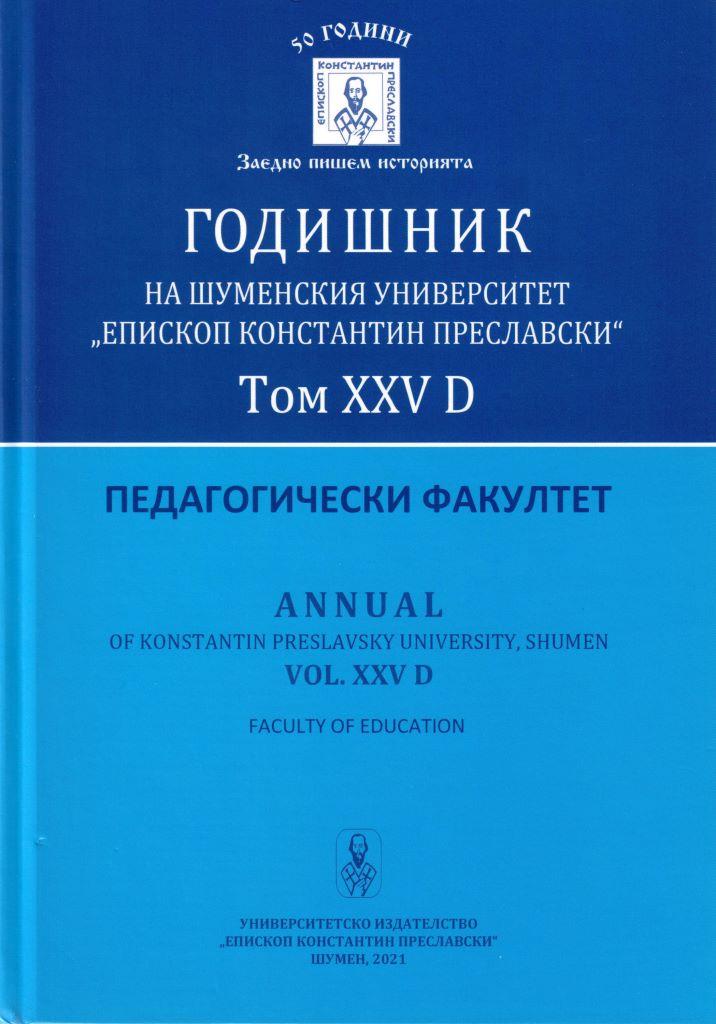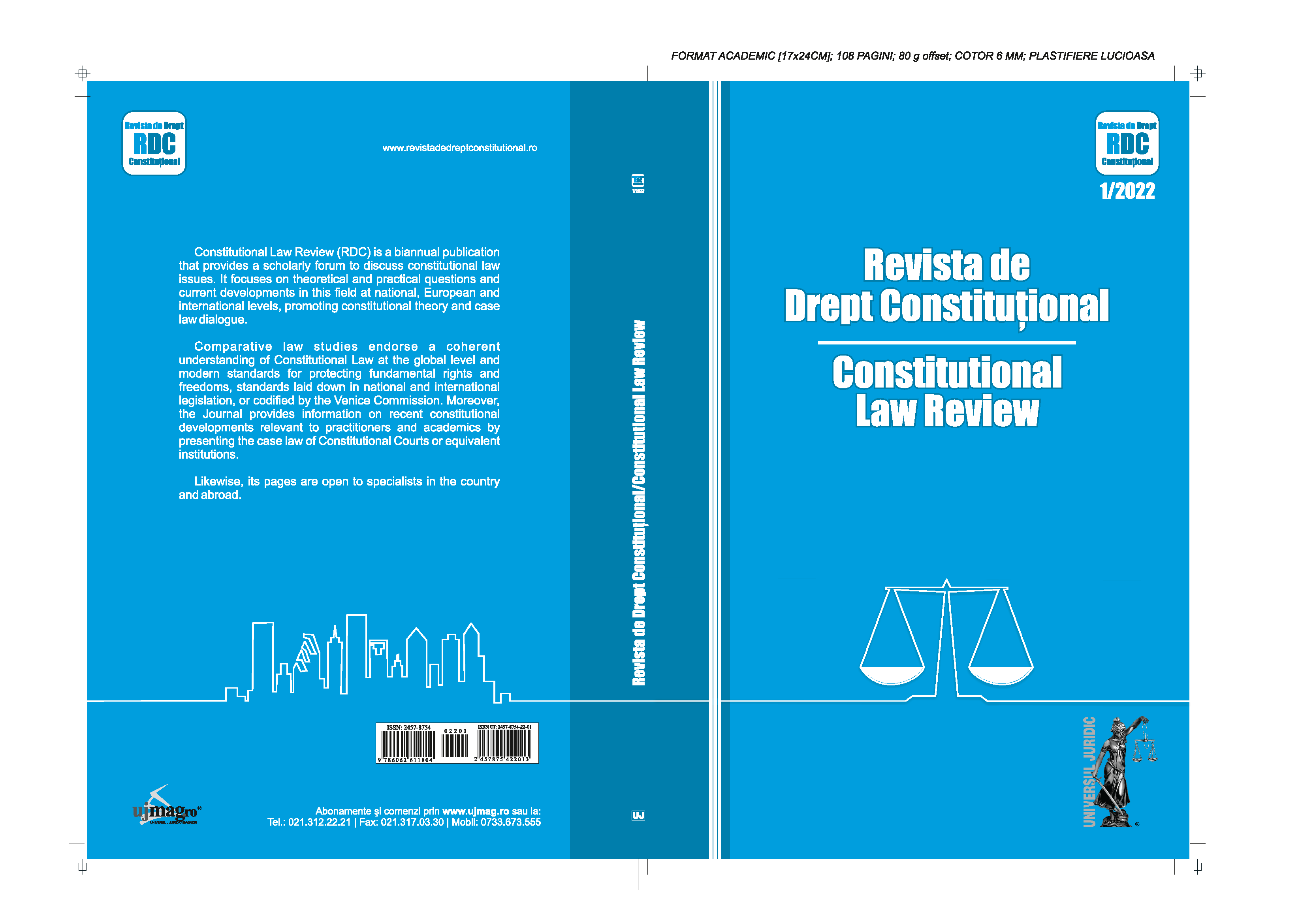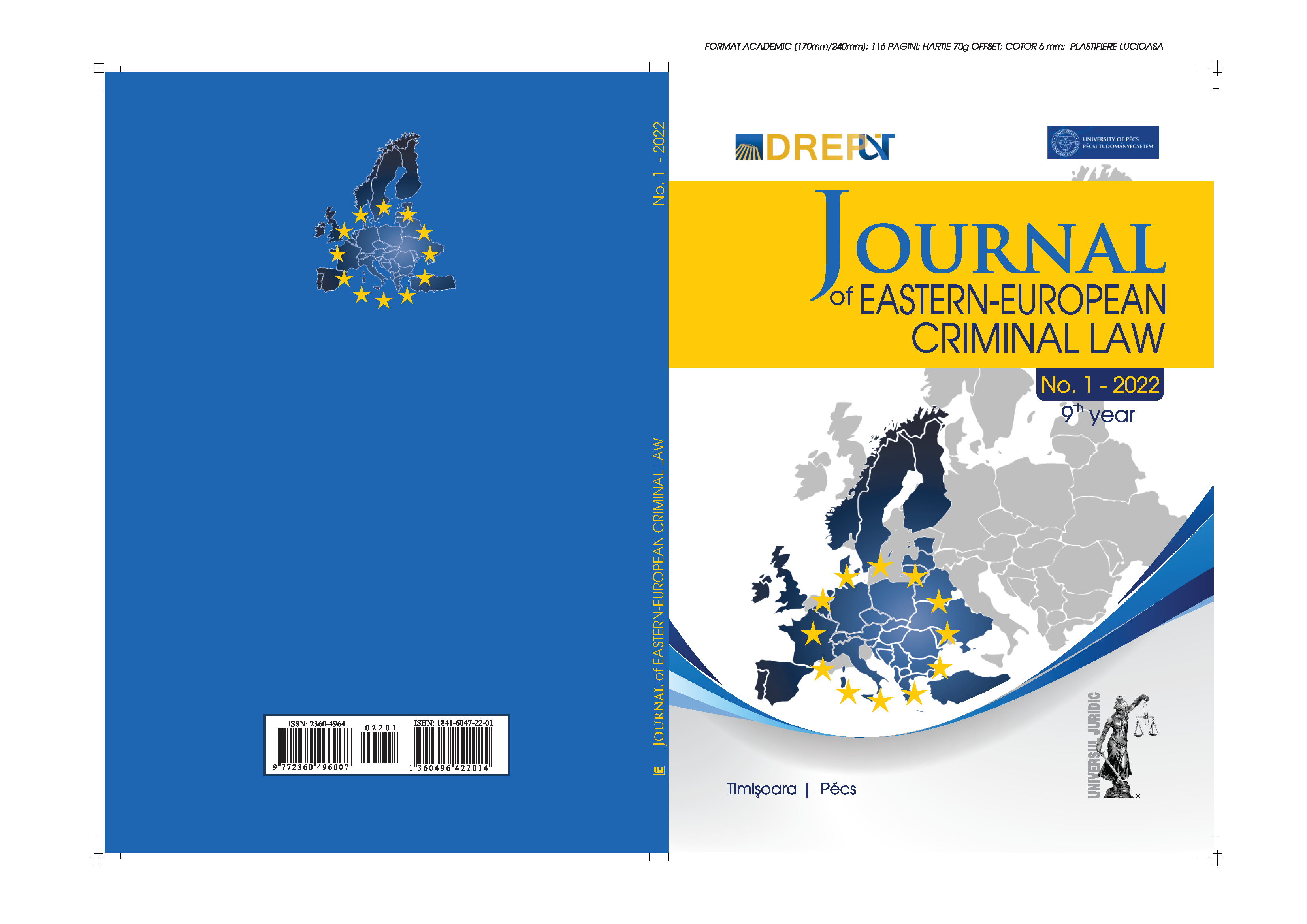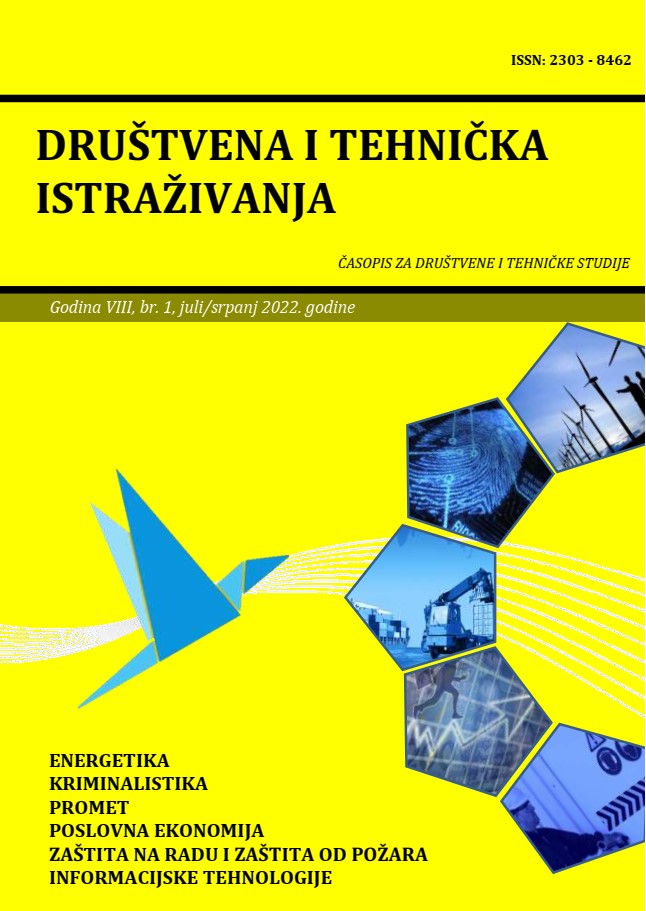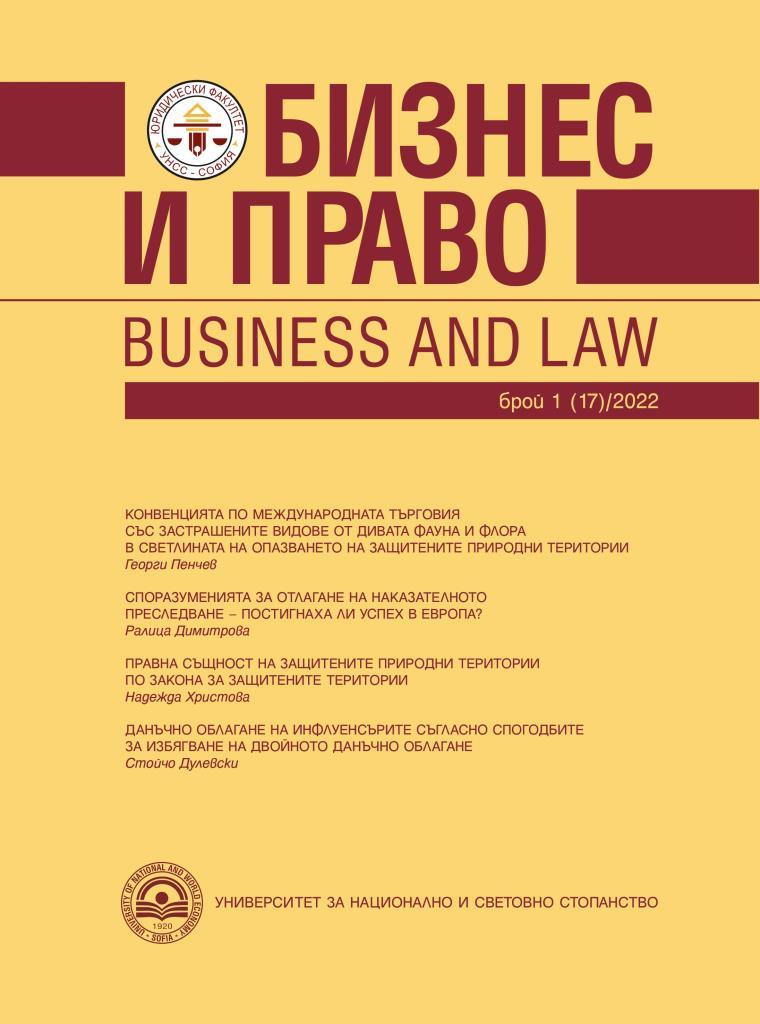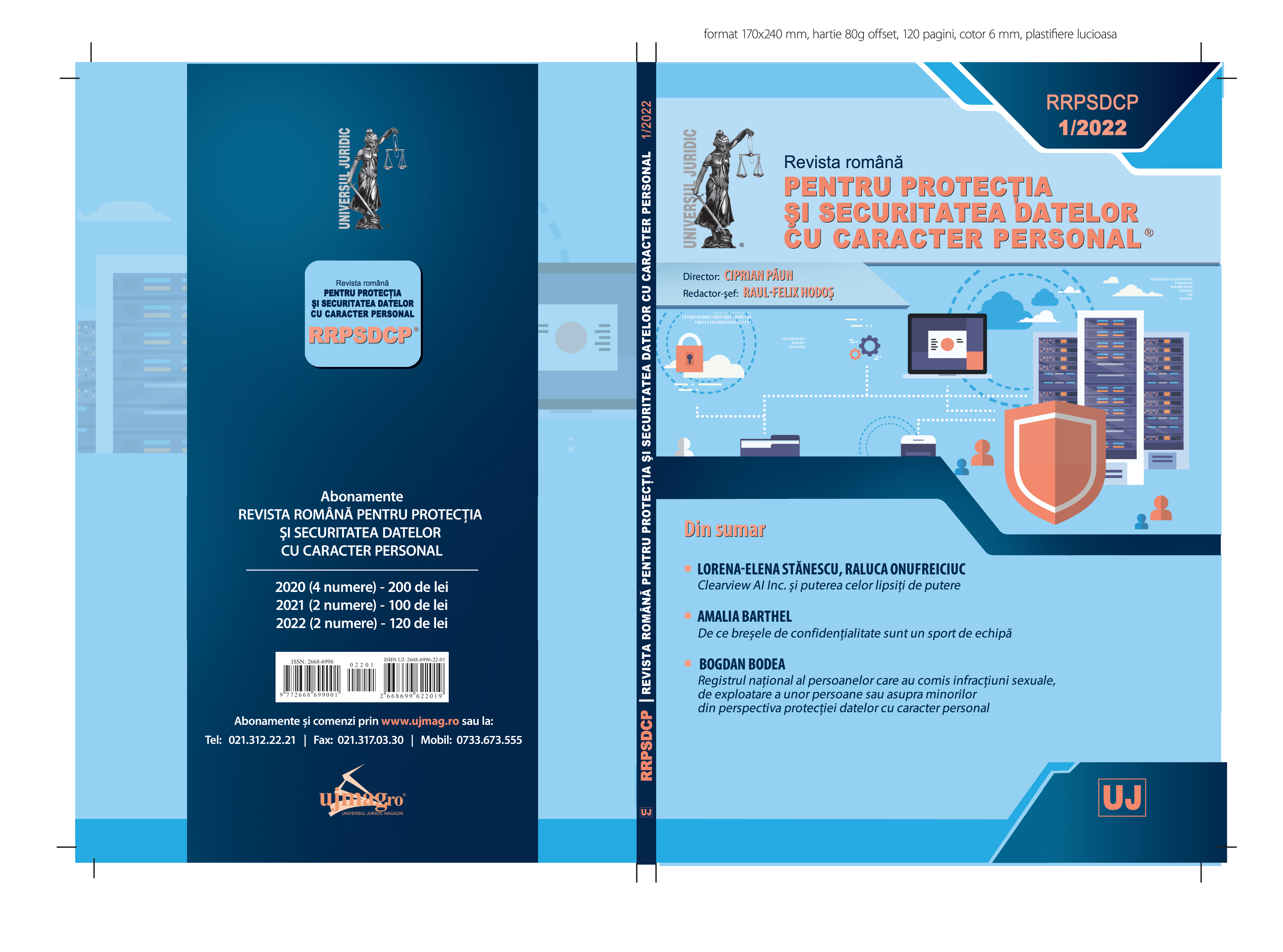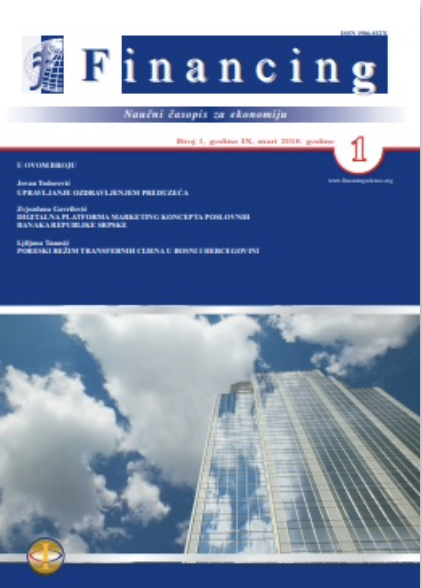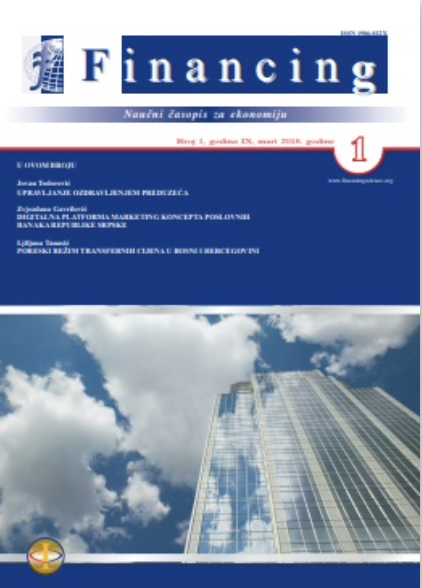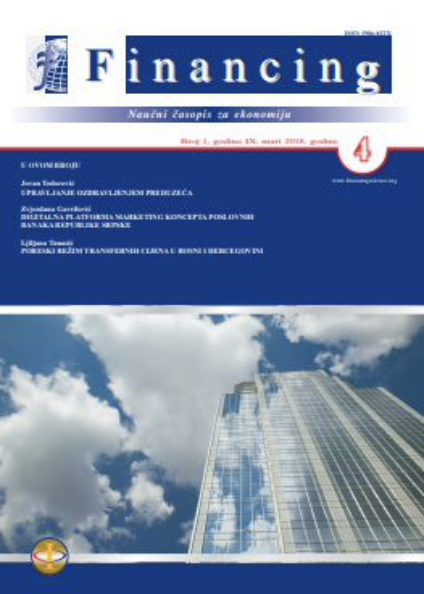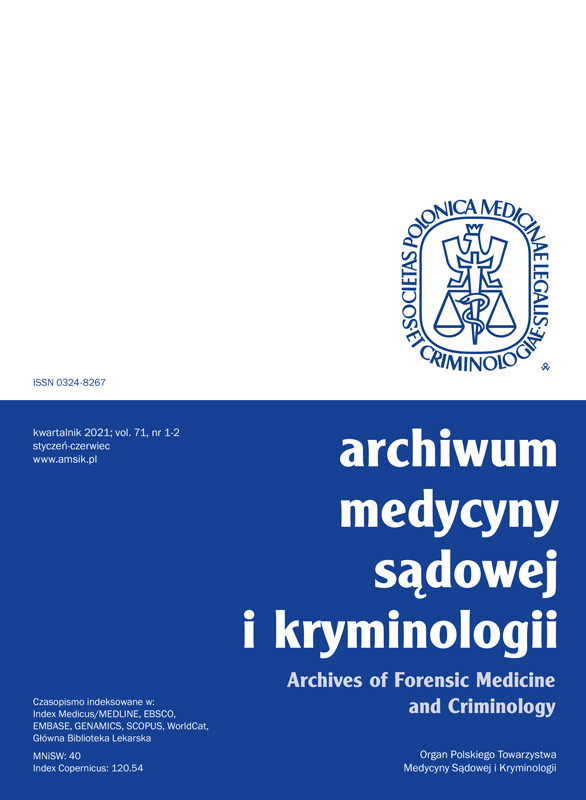
Śmiertelne powikłania nielegalnego spędzenia płodu w latach 1920-1939 w materiale archiwalnym Zakładu Medycyny Sądowej w Krakowie
Cel pracy: Analiza metod wykonywania nielegalnych aborcji oraz przyczyn śmierci kobiet, które poddały się zabiegowi w okresie międzywojennym. Materiał i metody: Badania przeprowadzono na podstawie protokołów sekcyjnych z lat 1920–1939 archiwizowanych w Katedrze Medycyny Sądowej na Uniwersytecie Jagiellońskim Collegium Medicum w Krakowie. Zgłębiono przypadki śmierci kobiet w ciąży lub w okresie okołoporodowym. Wykluczone zostały przypadki aborcji wykonanej legalnie ze względów medycznych. Wyniki: W omawianym okresie stwierdzono 101 przypadków nielegalnych aborcji – 21 wykonanych było przez akuszerkę, a trzy przez wykwalifikowany personel medyczny. Użycie cewnika lub drutu odnotowano w 19 przypadkach, wstrzyknięcie substancji poronnej lub ostrzyknięcie płodu w ośmiu. Urazy bądź perforacja ściany pochwy lub macicy – odpowiednio 27 i 10 przypadków, były najczęściej stwierdzonymi zmianami świadczącymi o spędzeniu płodu. Wnioski: W większości przypadków (71) śmierć nastąpiła na skutek zapalenia otrzewnej lub sepsy, których źródłem zakażenia były narządy płciowe. [Aim: Analysis of different methods of performing illegal abortions and causes of death in women who underwent the procedure during the interwar period. Material and methods: The study was based on the autopsy protocols from 1920-1939 archived at the Department of Forensic Medicine, Jagiellonian University Collegium Medicum in Krakow, Poland. The analysis comprised the deaths of women during pregnancy or in the perinatal period. The cases in which abortion was performed legally, for medical indications, were excluded. Results: A total of 101 cases of illegal abortion were identified during the period studied, including 21 abortions performed by midwives, and three abortions carried out by qualified medical personnel. In 19 cases, abortion was done using a catheter or wire, while in eight cases the procedure was performed by injecting an abortion-inducing substance into the uterus or administering an injection into the foetus. Vaginal or uterine injury (27 cases), or vaginal or uterine wall perforation (10 cases), were the most common genital tract lesions indicative of abortion. Conclusions: The majority of deaths (71) were caused by peritonitis or sepsis originating from an infection involving the genital tract.]
More...
